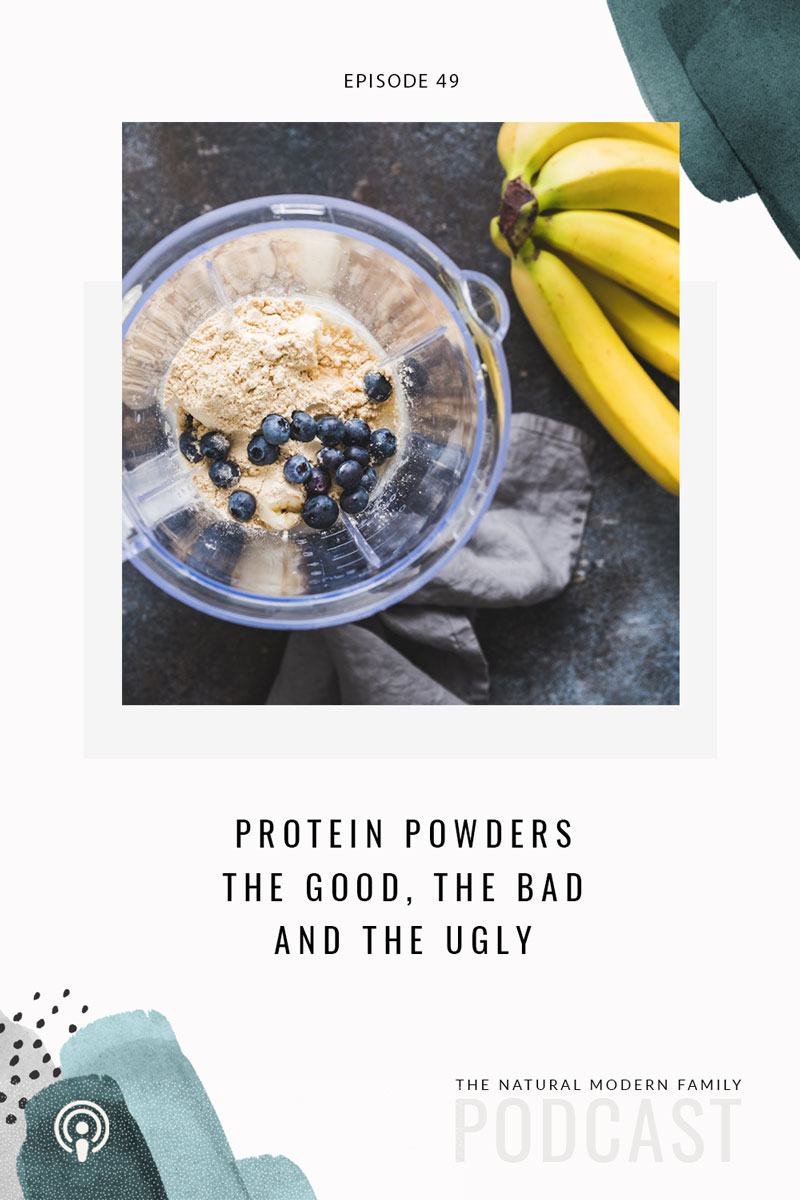Protein powders are available to buy almost anywhere these days and while there are many health benefits to supplementing with protein, if you’re not careful you can be doing more harm than good. We’ve seen a lot of toxic proteins on the market which is why in this episode we’re sharing the different types of protein as well as what to avoid so you can choose the best protein powder for you.
Biggest Health Benefits of Protein Powder:
TRUTH BOMB:
You’re
Already killing it!
If You Were More Consistent With Your Wellness Routine, You’d Be Unstoppable.
- Weight management
- Muscle growth
- Recovery
- Healthy source of increased nutrition (especially for nursing moms)
Protein Concentrates: produced by extracting protein from whole food using heat and acid or enzymes. These typically supply 60-80 percent protein, with the remaining composed of fat and carbs
Protein Isolates: An additional filtering process removes more fats and carbs, further concentrating the protein. These powders contain about 90-95 percent protein
Protein Hydrolysates: produced by further heating with acid or enzymes, which breaks the bonds between amino acids. These are absorbed more quickly by your body and muscles
Types of Protein Powder
Collagen
- Supports hydrated skin and skin elasticity
- Supports wrinkle reduction
- Strong hair and nails
- Strengthens bones and joints
- Reduces inflammation
- Helps to improve muscle flexibility
Whey Protein
- Derived from milk
- Some people have difficulty digesting
- Rich in BCAA, particularly leucine which plays a big role in muscle growth and recovery after resistance and endurance exercise
- Creation of new muscle
- Reduces appetite at least as much as other types of protein
Casein Protein
- Forms a gel when it interacts with stomach acid, slowing down stomach empyting and delaying your bloodstream’s absorption of amino acids
- Reduces the rate of muscle protein breakdown
- More effective at increasing MPS and strength than soy and wheat protein- but less than whey protein
Eggs Protein
- Complete protein that contain all 9 essential amino acids that your body can’t make it on its own
- Second to whey as the highest source of leucine, the BCAA that plays the largest role in muscle health
- Most marketed egg proteins is that they are egg white and not the whole egg
Pea Protein
- Made from the yellow split pea, a high-fiber legume that boasts all but one of the essential amino acids
- Pea protein is particularly rich in BCAAs which is why it’s used in a lot of plant based protein powders
Hemp Protein
- Rich in beneficial omega-3 fatty acids and several essential amino acids
- Not considered a complete protein because it has a very low levels of the amino acids lysine and leucine
Brown Rice Protein
- Generally considered to whey protein for building muscle
- Contains all the essential amino acids but too low in lysine to be a complete protein
Mixed Plant Proteins
- Combination of brown rice, pea, hemp alfalfa, chia seed, flax seed, artichoke, quinoa
- High fiber content, plant proteins tend to digest slower than animal proteins. Although this may not pose a problem for many people, it can limit the amino acids your body can use immediately after exercise
How to Choose the Best Protein Powder for You
- Be aware of any food sensitivities
- Choose whey protein and collagen protein that is from grass-fed, non-gmo, and antibiotic free animals
- Choose Gluten-Free
- Avoid soy as a protein source
- Avoid excessive sugar or toxic sweeteners
- Avoid heavy metals
- Avoid skim milk powders/milk solids
- Avoid vegetable oils and toxic fats
To learn more and purchase our Beauty Collagen Complex, go here!
Sources
- https://www.mindbodygreen.com/0-21021/9-ingredients-that-should-never-be-in-your-protein-powder.html
- https://www.amymyersmd.com/article/protein-powder-ingredients/#What_to_Avoid_in_Your_Protein_Powder
- https://cleanlabelproject.org/protein-powder-white-paper/
- https://www.healthline.com/nutrition/best-protein-powder
- https://www.bulletproof.com/supplements/macronutrients/what-is-collagen-guide/#p2





READ the Latest
Health Habits
Longevity
Health Habits
Health Habits